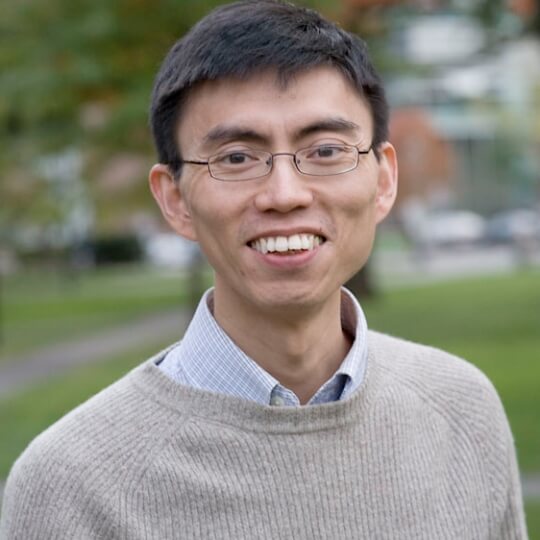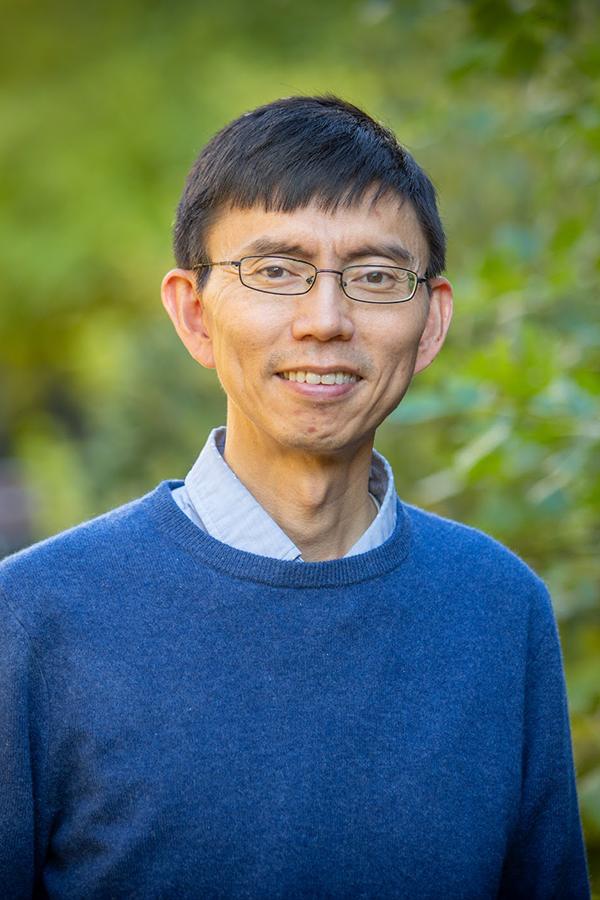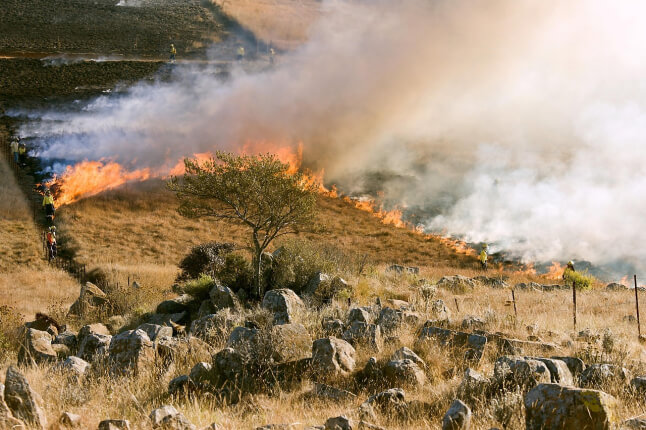News
Zhiming Kuang was honored by the American Meteorological Society.
Zhiming Kuang, Associate Professor of Climate Science in the Department of Earth and Planetary Sciences and School of Engineering and Applied Sciences (SEAS) at Harvard, has been awarded the Clarence Leroy Meisinger Award from the American Meteorological Society (AMS).
The Meisinger Award is "given to an individual in recognition of research achievement that is, at least in part, aerological in character and concerns the observation, theory, and modeling of atmospheric motions on all scales. The award is given to young, promising atmospheric scientists who have recently shown outstanding ability and are under 40 years of age when nominated."
Kuang's research is focused on better understanding and simulating how tropical convection interacts with the large-scale flow. This interaction is key to the tropical circulation, particularly the rainfall distribution and its variability.
Variations in the Asian monsoon rain, for example, can bring droughts or floods and affect the lives of billions of people. Despite its well appreciated importance, an understanding of how tropical convection interacts with the large-scale flow remains poor, as is the ability to simulate this interaction.
To tackle this problem, Kuang's group uses novel high-resolution numerical model experiments, together with observational data analysis, to guide development of theoretical models.
The ultimate aim is to apply the results to improve predictions for the Asian monsoon and the El Niño Southern Oscillation (ENSO).
Kuang received his B.S. from Peking University and Ph.D. from the California Institute of Technology. Prior to his role at Harvard, he served as a Research Scientist at the California Institute of Technology and a postdoctoral fellow at the University of Washington and the Woods Hole Oceanographic Institute.
##
About the Clarence Leroy Meisinger Award
The Clarence Leroy Meisinger Award is given to an individual in recognition of research achievement that is, at least in part, aerological in character and concerns the observation, theory, and modeling of atmospheric motions on all scales. The award is to be given to promising young or early-career scientists who have demonstrated outstanding ability. "Early career" is nominally taken to include scientists who are within ten years of having earned their highest degree or are under 40 years of age when nominated. It is intended that the Meisinger Award and the Henry G. Houghton Award between them shall embrace all facets of atmospheric research so that workers in all branches of the atmospheric sciences shall be eligible for one or the other. Nominations for the Meisinger and Houghton Awards may be pooled at the discretion of the ARA Committee (i.e. a Meisinger Award nominee may be considered for the Houghton Award and vice versa). Nominations are considered by the Atmospheric Research Awards Committee, which makes recommendations for final approval by AMS Council.
About the American Meteorological Society
The American Meteorological Society promotes the development and dissemination of information and education on the atmospheric and related oceanic and hydrologic sciences and the advancement of their professional applications. Founded in 1919, AMS has a membership of more than 14,000 professionals, students, and weather enthusiasts. AMS publishes nine atmospheric and related oceanic and hydrologic journals — in print and online — sponsors more than 12 conferences annually, and offers numerous programs and services.
For further information regarding society activities, membership, or general inquiries please send an email to amsinfo@ametsoc.org.
Topics: Environment, Climate
Cutting-edge science delivered direct to your inbox.
Join the Harvard SEAS mailing list.
Scientist Profiles
Zhiming Kuang
Gordon McKay Professor of Atmospheric and Environmental Science and of Applied Mathematics




